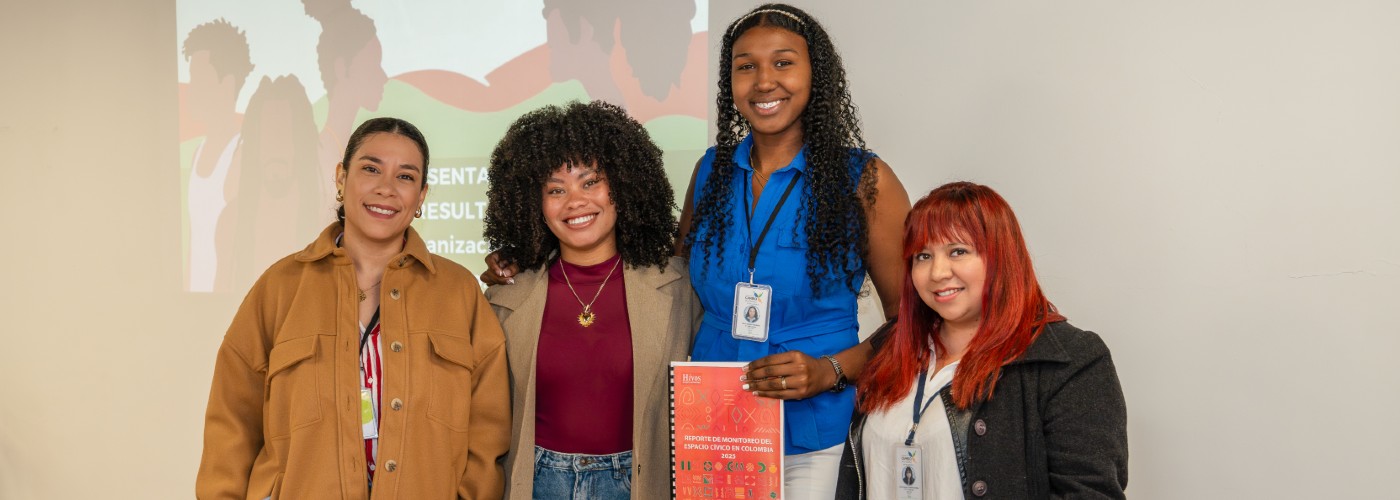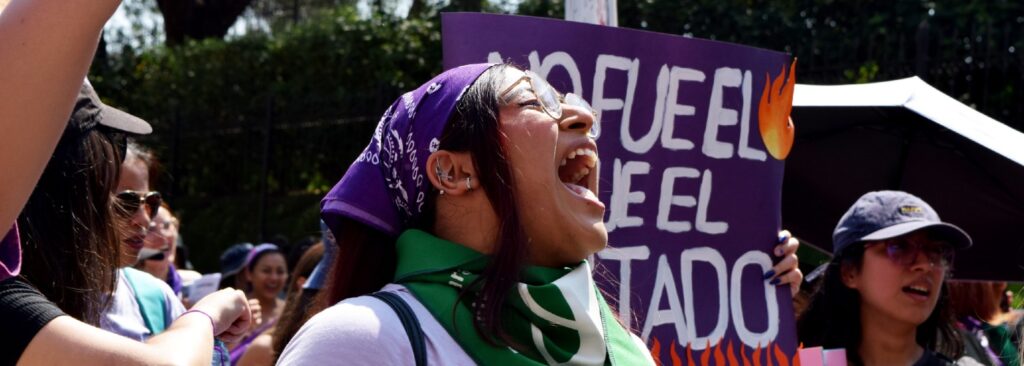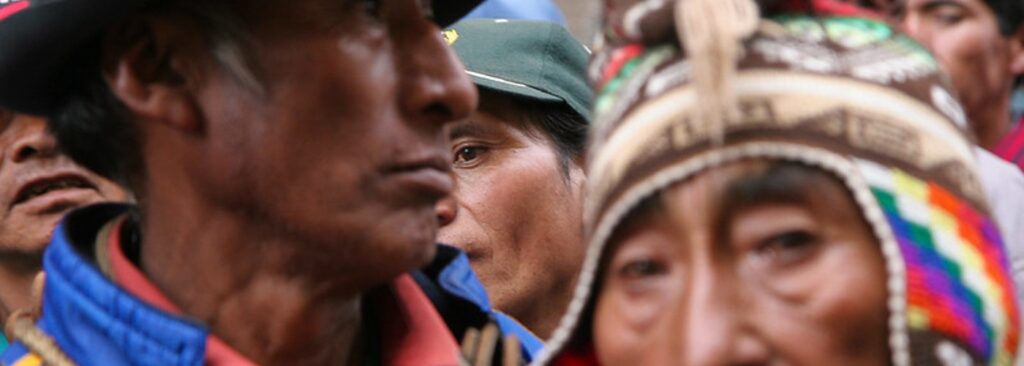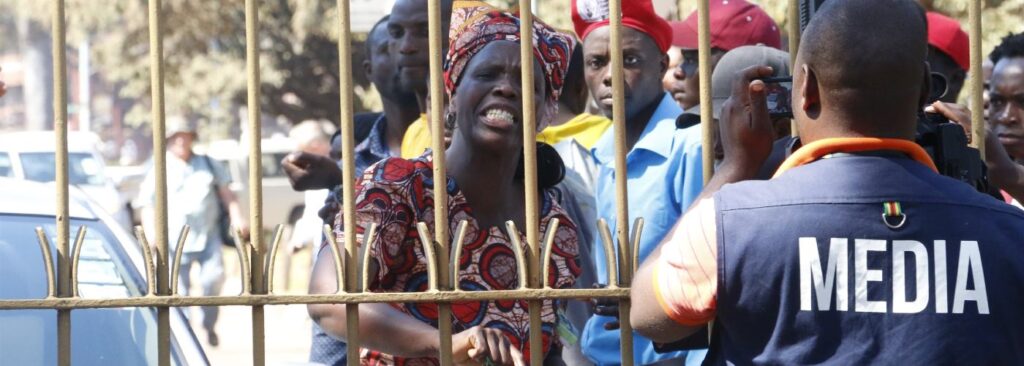In Colombia, being a human rights defender is very risky business. In 2024, the country tallied the highest number of murders of human rights defenders in the world. According to Front Line Defenders, 157 cases were recorded, together with 88 documented attacks and a worrying 90 percent impunity rate. Those who defend the land, natural resources, and rights of Afro-Colombian and Indigenous communities face constant threats that undermine their right to participate, express their opinions, and decide on their future.
In this context, protecting civic space – that common ground where society can freely express itself, organize, and participate in making decisions that affect it – is more urgent than ever. Through our Connect, Defend, Act! program, we are working to counter attempts to restrict it by strengthening civil society on three key fronts: coalition building, knowledge production, and collective action.
A meeting to strengthen the voice of communities
A rare but extremely necessary conversation about this took place recently in Bogotá. The Multi-Stakeholder Roundtable for Consultation and Dialogue, convened by Sustainable Change as part of our Connect, Defend, Act! program, brought together representatives from government, civil society, academia, oversight bodies, and international cooperation agencies.
Their objective was clear: to analyze the state of civic space for Afro-Colombian and Indigenous organizations and agree on concrete ways to ensure their effective participation in public policymaking.
“The coordination of diverse stakeholders is essential for ethnic communities to participate in developing policies that directly affect them.”
Minutes from the Roundtable.
A worrying snapshot of civic space
In 2024 and 2025, Sustainable Change carried out a study within the framework of the Connect, Defend, Act program: “Monitoring Digital Civic Space 2025.” It measured the state of civic space in Colombia using a methodology developed by Oxfam. Nine key factors – from freedom of expression and access to funding to safety and well-being – were evaluated on a scale of 0 to 10.
The average score was 4 points, i.e., a “repressed” civic space for Afro-Colombian and Indigenous organizations. The reasons for this score include:
- scarce funding and excessive bureaucracy
- persistent threats against male and female community leaders
- unpunished racism in digital environments
- systemic inequality that limits access to resources and decision-making spaces
A score of 4 out of 10 is not just a number: it reflects the barriers that Afro-Colombian and Indigenous organizations face every day in exercising their rights. The lack of resources, constant threats, and racism that remains unpunished even in digital environments show that Colombian civic space does not guarantee equal conditions. As long as these realities persist, it is necessary to highlight them and find collective solutions.
Research as a basis for action
Having solid data and rigorous analysis gives us a strategic tool for change. The “Monitoring Digital Civic Space 2025” study named and quantified the problem, identified patterns, recognized gaps, and shed light on the realities experienced by Afro-Colombian and Indigenous communities.
With this solid evidence we can now:
- present viable alternatives to address challenges
- formulate recommendations based on concrete findings
- design collaborative solutions that involve diverse stakeholders
Monitoring work like this not only legitimizes communities’ demands, but also offers a common starting point for governments, civil society, and international cooperation to engage in dialogue using the same information base.
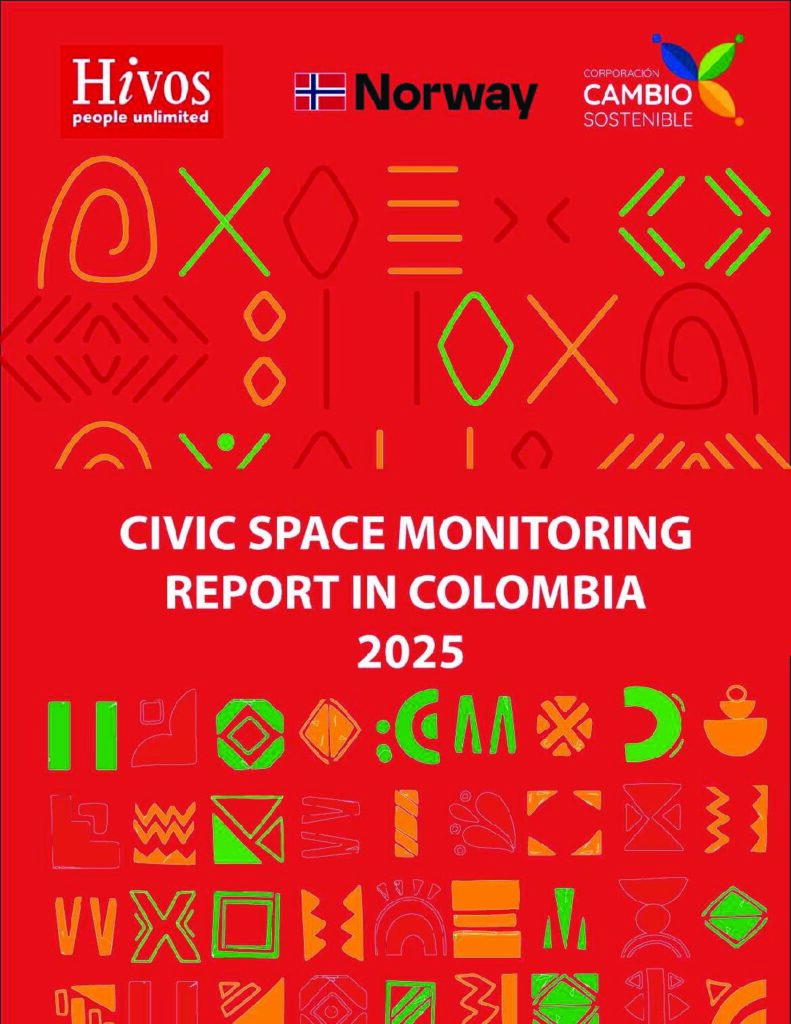
The value of strategic alliances
The roundtable demonstrated that defending civic space is not the responsibility of a single sector. The presence of the Ombudsman’s Office, the Vice President’s Office, the Presidential Council for Human Rights, the Norwegian Embassy in Colombia, the Embassy of the Netherlands, the Norwegian Fund for Human Rights, the University of the Andes, the Bogotá Ombudsman’s Office, the Sustainable Change Corporation, and Hivos showed that intersectoral collaboration is the best way to find sustainable solutions.
The participants not only shared assessments but also made commitments to prioritize critical Colombian departments such as La Guajira and Chocó, promote interaction between ethnic and state authorities, periodically highlight progress, and train social organizations in political advocacy and resource management.
One of the most ambitious agreements was the proposal to create, in 2026, the National Forum on Citizen Governance for Afro-Indigenous Civic Space, accompanied by a permanent technical panel that would follow up on commitments and keep the conversation going between communities, the government, and international cooperation agencies.
Recommendations for a more open and safer civic space
Based on the findings, a roadmap was proposed with key actions
- promote narratives for peace and counter polarizing discourses
- strengthen organizational capacities in management, security, financing, and accountability
- create inter-institutional protection routes for social leaders
- guarantee political participation with an intersectional approach, ensuring that women, youth, and LGBTIQ+, Afro-Colombian and Indigenous people have a voice in decision-making.
Protecting civic space means protecting democracy itself. Afro-Colombian and Indigenous voices cannot simply be heard: they must be protagonists in building a just, secure, and pluralistic future.

